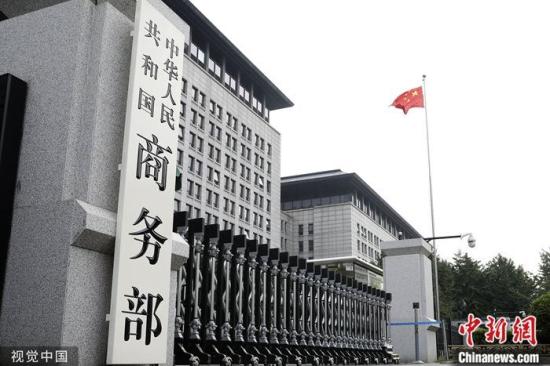China lodges representations to U.S. over investment restrictions
China firmly opposes the U.S.' finalizing investment restrictions on China and has lodged solemn representations, while reserving the right to take further actions, China's Ministry of Commerce (MOFCOM) said on Wednesday, in a response to the finalization of U.S. investment restrictions on China.
A MOFCOM spokesperson rebuked the U.S. for broadening national security definitions to impose discriminatory investment restrictions on China, calling it a clear departure from market practices.
U.S. restrictions target Chinese industries, including semiconductors, artificial intelligence, and quantum computing. The MOFCOM spokesperson noted that most areas within these sectors are unrelated to national security yet will still fall under U.S. bans.
MOFCOM urged the U.S. side to respect market economy principles, set clear boundaries for national security in trade, and stop politicizing and weaponizing economic issues in order to foster a positive environment for China-U.S. economic and trade cooperation.
The U.S. Department of Treasury on Monday issued final regulations (the Final Rule) implementing Executive Order 14105, named "Addressing United States Investments in Certain National Security Technologies and Products in Countries of Concern," banning people and companies from investing in advanced technology development in China.
The press release alleges that certain U.S. outbound investments may accelerate and enhance the successful development of sensitive technologies by the so-called "countries of concern." It added that the rule will take effect on January 2, 2025.
"The U.S. government policy runs counter to market economy principles. If U.S. companies lose access to China's market, their motivation for innovation will inevitably be impacted," Zhou Mi, a senior research fellow at the Chinese Academy of International Trade and Economic Cooperation, told the Global Times on Wednesday.
Zhou noted that if the U.S. government intervenes in economic affairs too excessively. China could continue to attract business investment helped by its open environment, while fostering growth for foreign companies operating in China.
"Many foreign businesses seek to expand their market share in China, which may, in turn, encourage U.S. investors to reassess their strategies," Zhou added.

